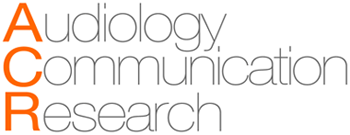Purpose
To assess the sensitivity of the Clinical Risk Indicators for Early Childhood Development (IRDI) questionnaire for parents in identifying autism spectrum disorders.
Methods
Seventy-two subjects, which comprised parents of children aged 2 years 11 months to 7 years 7 months, participated in the study divided into two groups, namely the study and control groups. The IRDI questionnaire was administered in both groups, and the CARS-BR was applied in the study group. The data were subjected to statistical analysis, and the Pearson correlation coefficient between the IRDI questionnaire and CARS-BR was performed only for the study group to calculate validity. In defining the cutoff score generated by the IRDI questionnaire, the receiver-operating characteristic (ROC) curve was used, and sensitivity, specificity, and positive predictive value were calculated. In the reliability analysis for the IRDI questionnaire, the Kappa coefficient and overall concordance was used.
Results
The IRDI questionnaire was easy to use, quick to complete, and inexpensive. Analysis of the internal consistency of the questions of the instruments presented good content. The IRDI questionnaire was positively correlated with the CARS-BR. The ROC curve analysis revealed good performance.
Conclusion
The evaluation of the sensitivity of the instrument for purposes of identifying autism spectrum disorders showed good performance according to the established cutoff point in the study.
Speech; language and hearing sciences; Autistic disorder; Questionnaires; Language; Diagnosis

 Thumbnail
Thumbnail
 Thumbnail
Thumbnail

